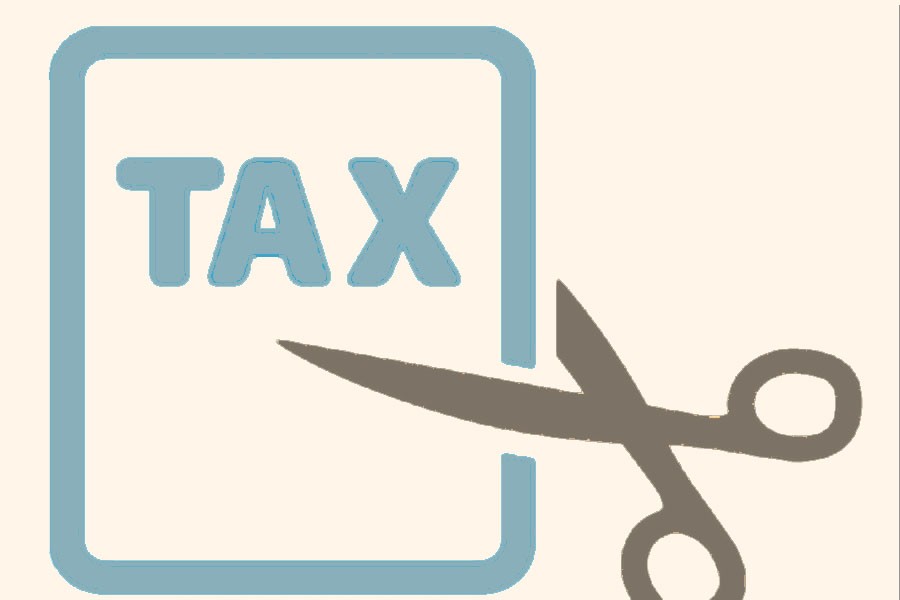Fiscal relaxation by way of outright tax holiday or concessional taxation has been integral to the country's incentive structure ever since the term 'incentive' emerged as a means of facilitating businesses, especially manufacturing and exporting. There are occasions when some quarters raise the issue of return from such tax benefits offered to various sectors. Although it is not an easy task to assess and quantify the gains from tax breaks, questioning the legitimacy of such tax relaxation does not seem totally unfounded, as there are many business sectors that have been enjoying rebates for decades, but with no visible signs of progress. It is in this context that dishing out staggering sums of money from public exchequer may not ring the chord of cautious wisdom.
A FE news story reports that Bangladesh counts 2.28 per cent or Tk 578.78 billion in lost Gross Domestic Product (GDP) from tax exemptions to various sectors annually. In order to offer the tax rebates in various forms, around 36 per cent of total domestic product or a sum of Tk 9.15 trillion is excluded from a financial year's tax base. The amount is equivalent to more than three consecutive fiscal years' tax revenue-collection targets of the government, the FE analysis shows. It has been gathered that in the face of widespread criticism from various quarters regarding the country's poor tax-GDP ratio-- the lowest in South Asia, the National Board of Revenue (NBR) conducted a study to assess the volume of exemptions eating up tax revenue. The study shows that fisheries, readymade garments, and IT/software, BEZA/BEPZA-based industries are the major beneficiaries of tax exemptions, besides tax breaks enjoyed by numerous other businesses in various forms. The study reportedly found that losses on account of tax breaks in the recent years were to the tune of Tk 80 billion annually from transfer of land property alone.
However, judging the issue only in terms of revenue loss is simplistic and may lead to misjudgement, as there is no plain indicator to assess the outcome of tax rebates. The matter needs to be looked at not just from the point of short-time revenue mobilisation, because tax exemption for the purpose of industrialisation can contribute to generating indirect taxes such as VAT, customs duty etc. Besides, employment generation by business houses may also be attributed to a certain extent to the tax benefits they receive as incentive. The aforesaid NBR study report has rightly mentioned that the exemption measures deserve critical policy review.
Thus what can be a sensible way to determine whether tax exemptions offered as incentives are going to the deserving sectors is to introduce periodic reviews of the incentive structure. Such reviews should take into account the detailed perspective including the purpose that necessitated the exemptions and how good or bad the outcome has been in terms of business development. To ensure that the reviews are done fairly and objectively, the government may institute a core group comprising representatives from the NBR, ministry of commerce and business associations.


